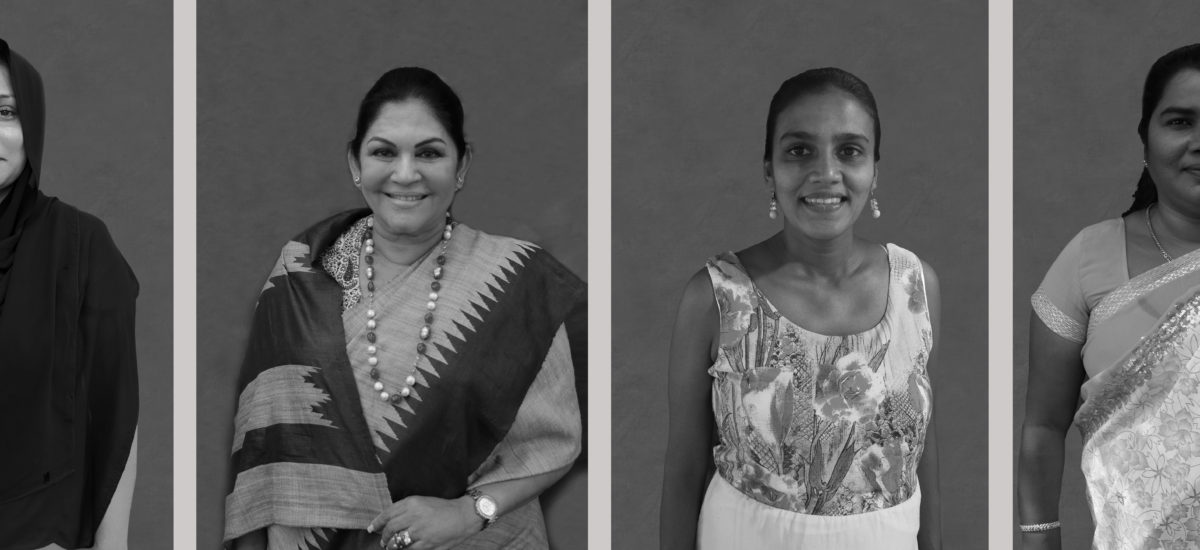The implementation of a 25% quota for women’s representation in local councils at Sri Lanka’s 2018 Local Government Election was a welcome move, and the result of years of advocacy and activism by women’s rights groups. However, in the lead up to polling, election observers such as the Centre for Monitoring Election Violence recorded several instances of intimidation, harassment and slander leveled against female candidates. These ranged from attempting to deter possible candidates from seeking nominations to violence that directly threatened their safety once they had been included on party lists.
There were several documented instances of outright violence. A candidate in Embilipitiya saw her house attacked with stones. In Welikanda, a candidate was admitted to hospital after being sexually assaulted by a supporter. An employer threatened a candidate in Valikamam, working as a probation officer in the health sector at the time. The employer, a public health midwife, said that she would not make the candidate’s job permanent due to her candidacy. A candidate running for the Kotte Municipal Council seat filed a false complaint with the police against a female candidate, implying wrongdoings in the past that warranted an investigation. Groups supported by a regional MP gagged a candidate in a house in Mullaitivu, threatening the safety of her and her daughter if she did not withdraw her nomination.
A number of attacks were organised by male candidates, election observers noted. Religious clerics also carried out sustained campaigns against the participation of women in politics. 20 of the 47 complaints recorded in the post-election period targeted women. These incidents of violence were strongly condemned by rights groups as undermining the importance of female representation in politics.
While physical harm and threats to property have been widely recorded, a form of violence experienced by candidates not often spoken about is what the Association for Progressive Communication has termed ‘technology-related violence against women’. APC’s definition includes social media platforms, but also extends to threatening phone calls and messages. In addition, violence occurring online or via technology can extend offline as well, at times resulting in physical violence in addition to psychological and emotional harm.
This essay explores this hidden violence and its pervasiveness. The experiences recorded here are not limited to one specific party – in the process of compiling this story, Groundviews spoke to members of the Joint Opposition and the Government coalition. Across the board, they confirmed having experienced this type of harassment. Many of them did not want to go on the record. These are the stories of female politicians who have experienced harassment through a range of technology and social media. This constitutes only a portion of violence and intimidation, which often extended offline, that targeted their work and campaigns.
Read the story in full on Sway here, or embedded below.

